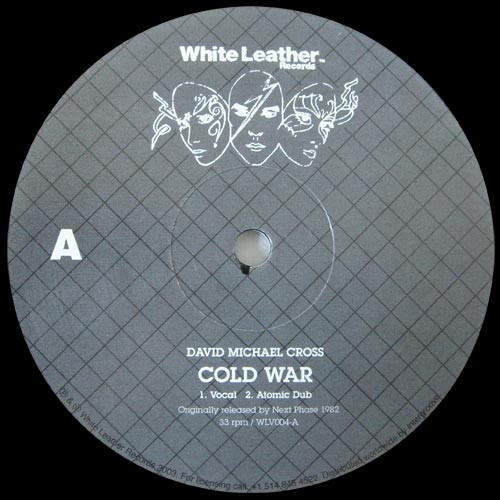By continuing your navigation on this website, you accept the use of cookies for statistical purposes.


Anderson
Go Go Gadget EP
Anderson is back on the Day By Day imprint with another mighty four tracker!
A1
Planetary Information
A2
Synthesized Happiness
B1
Bon Fire
B2
Go Go Gadget




